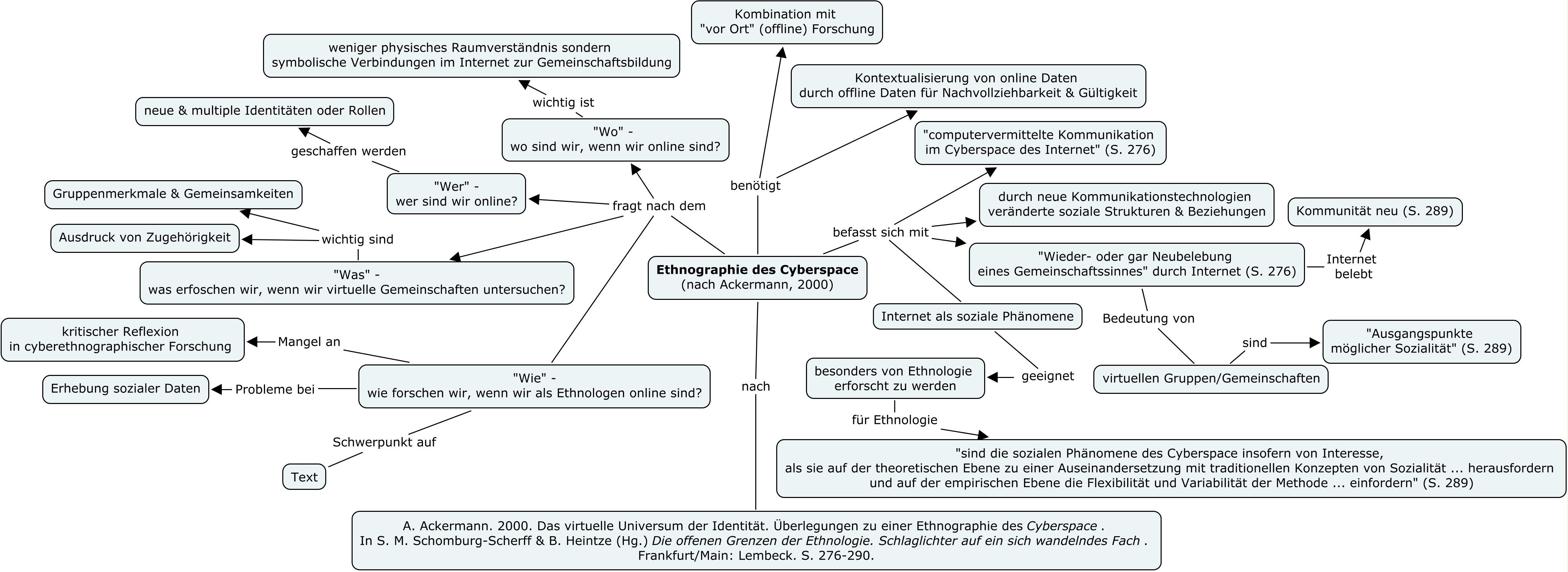This is a selection of digital visual anthropology resources which were collected via the European Association of Social Anthropologists (EASA) Visual Anthropology Network’s (VANEASA) mailing list.
Online resources & projects:
- 50th e-seminar of the EASA Media Anthropology Network, available at http://www.media-anthropology.net/index.php/e-seminars
- Cineducacion: http://www.cineducacion.cl/
An audiovisual platform designed to be used as a space of information, creation and public debate regarding education. (Ricardo Greene) - Esto es talca: http://estoestalca.cl/
A chrono-photographic online platform that seeks to produce and display a photographic survey of the city of Talca and its transformations over time. (Ricardo Greene) - La vie du rail: http://www.laviedurail.net/
Interactive website on a west African train. (Anna Lisa Ramella) - Mandoki, R., Mayer, A., Gross, J. (2016). Elderscapes. Ageing in urban South Asia. Open-access interactive documentary, available at www.uni-heidelberg.de/elderscapes
- Menzies, C. R. (2010). Our grandmothers’ garden, Youtube, available at https://www.youtube.com/playlist?list=PLDC4D420B4DC80761
- Walton, S. (2013). Digital Visual Anthropology: Envisaging the field, available at http://ethnographymatters.net/blog/2013/11/28/digital-visual-anthropology-envisaging-the-field/
Photo Blogs Iran: http://www.photoblogsiran.com/
Literature:
- Aston, J., Gaudenzi, S., & Rose, M. (Eds.). (2017). I-Docs: The evolving practices of interactive documentary. New York: Wallflower Press. Forthcoming.
- Menzies, C. R. (2015). In our grandmothers’ garden: An indigenous approach to collaborative film. In A. Gubrium, A., K. Harper, & M. Ortanzez (Eds.), Participatory visual and digital research in action. Walnut Creek, CA: Left Coast Press.
- Pink, S. (2011). Digital visual anthropology: Potentials and challenges. In M. Banks & J. Ruby (Eds.), Made to be seen: Perspectives on the history of visual anthropology. Chicago: The University of Chicago Press.
- Walter, F. & Grasseni, C. (Eds.). (2014). Anthrovision. Special issue “Digital visual engagements”, available at https://anthrovision.revues.org/1077
